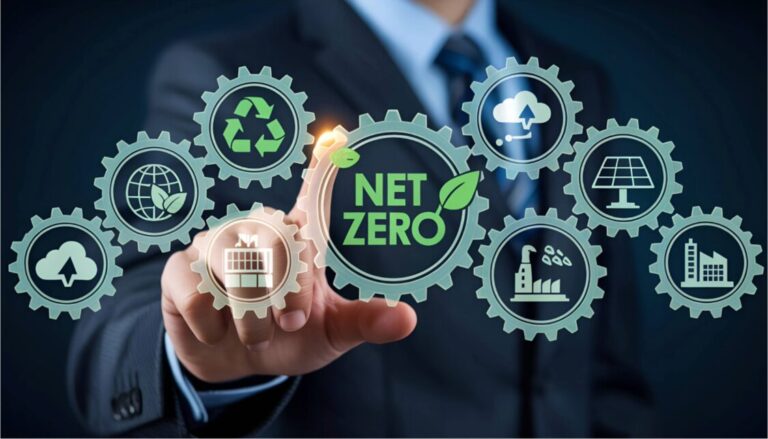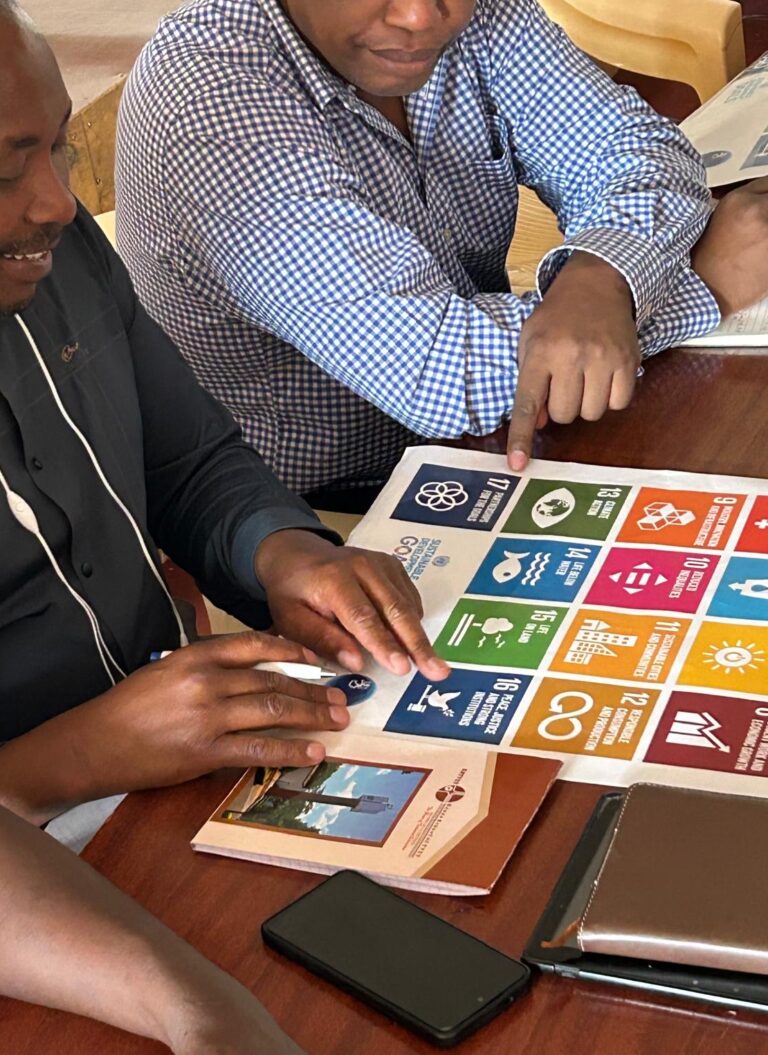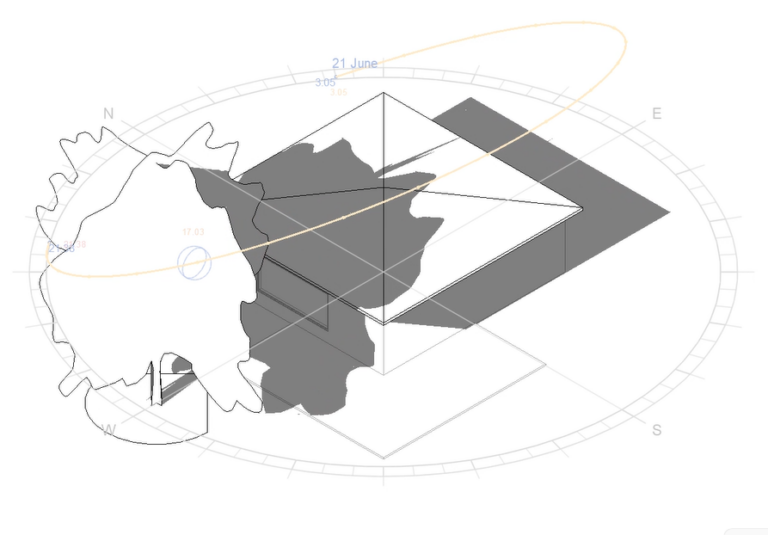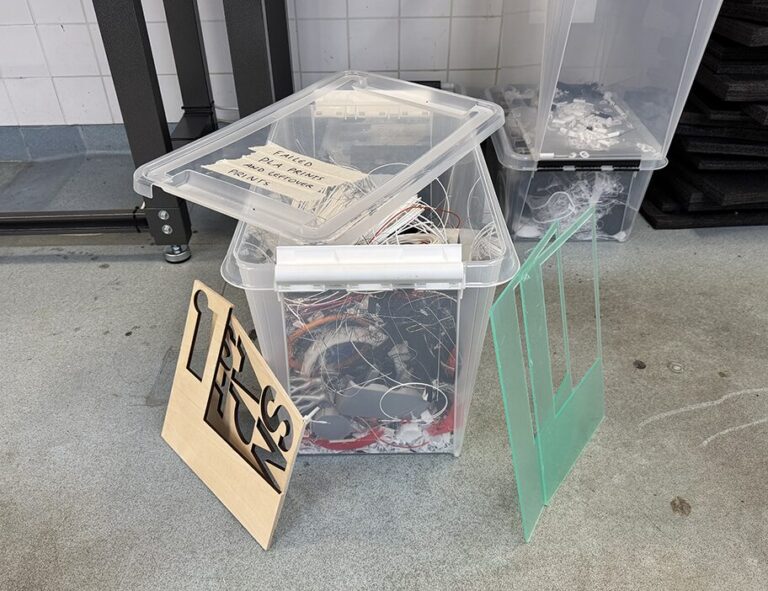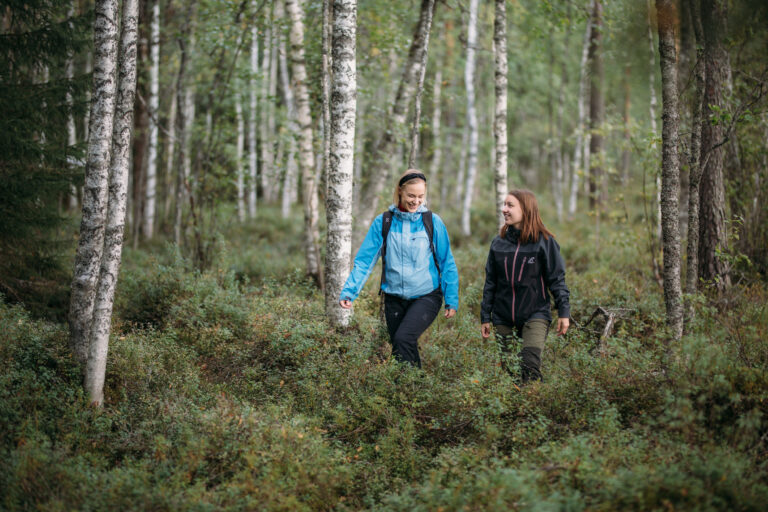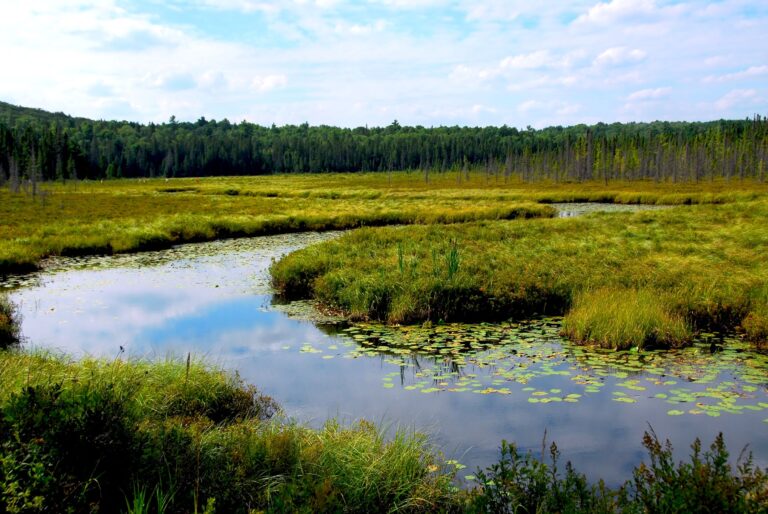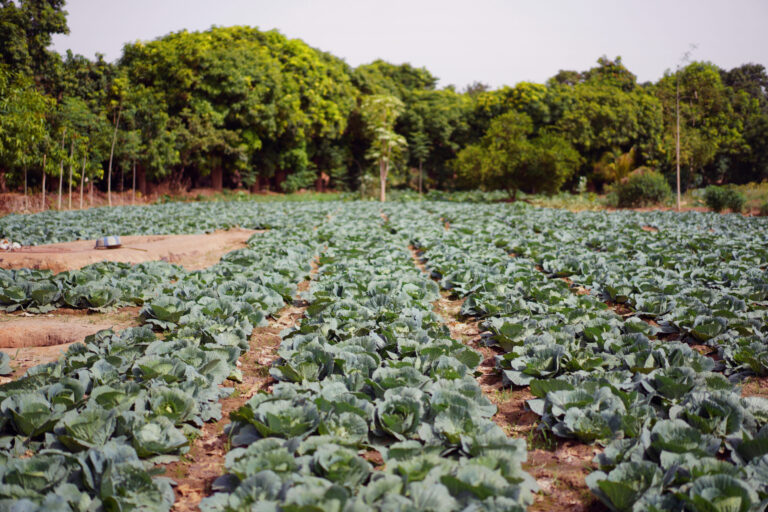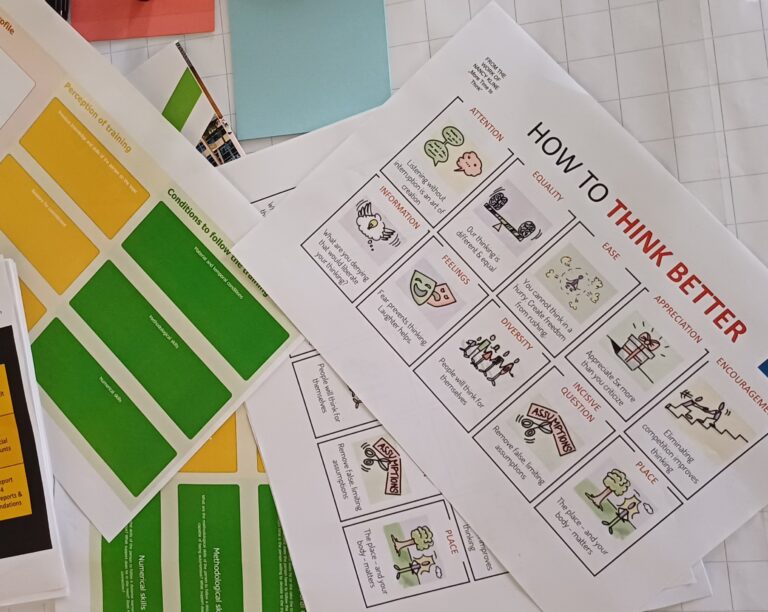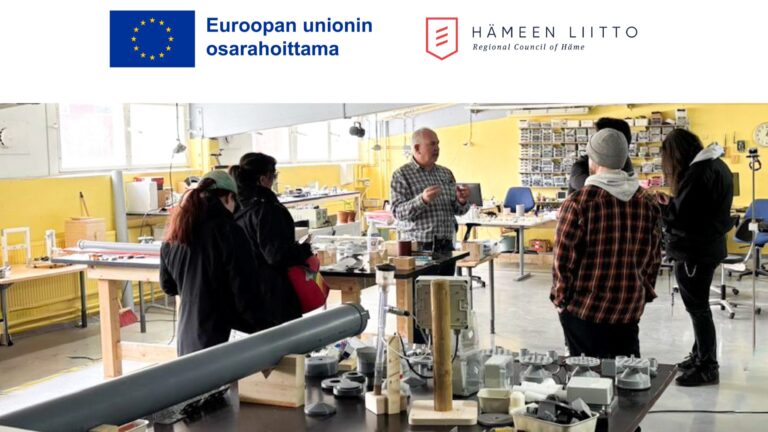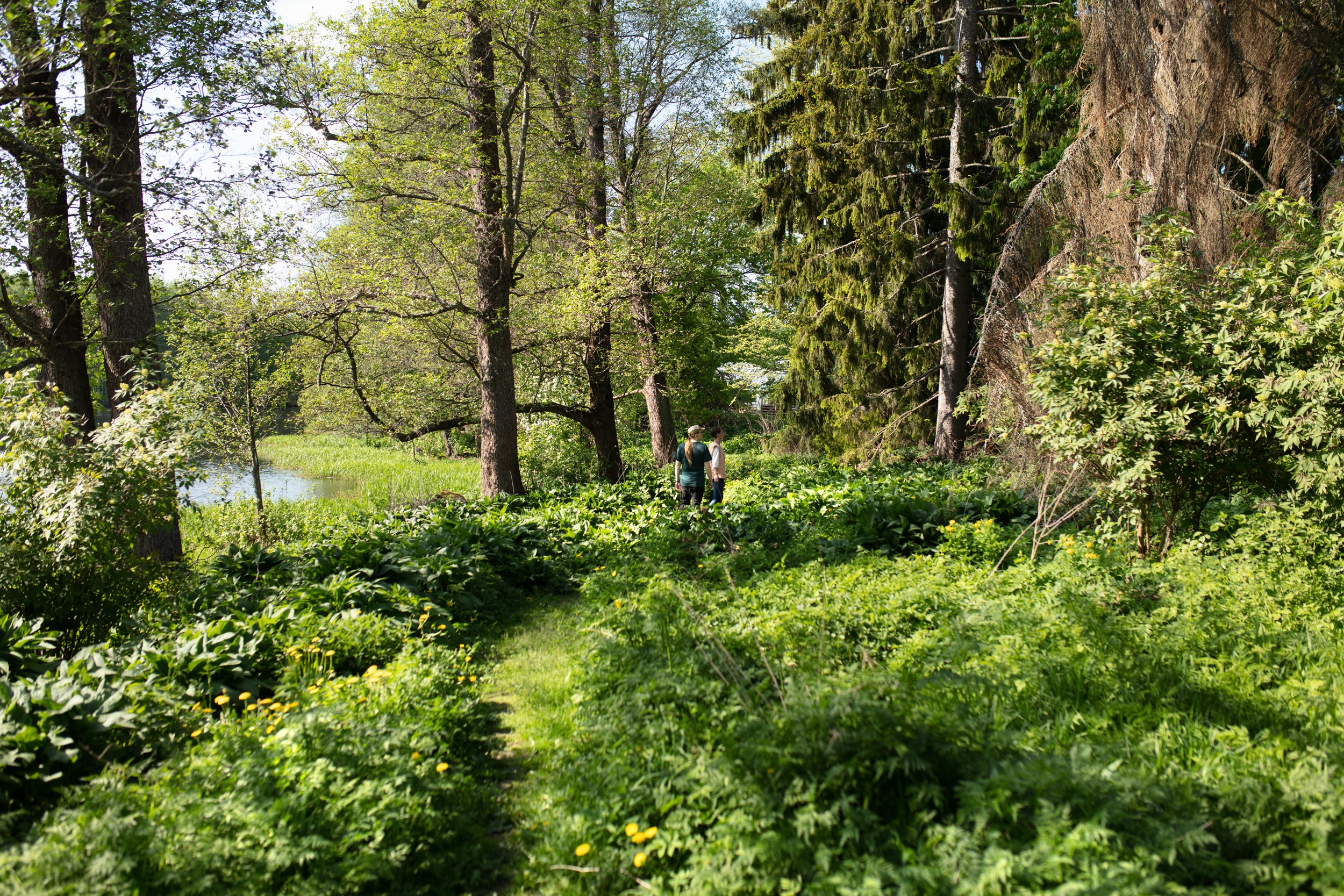
Sustainable HAMK 2030
The steps of HAMK’s sustainable development programme are put into practice in education, research and our everyday work.
1. HAMK will be Finland’s healthiest university community by 2030
We promote the UN-defined sustainable development goals in our role as a champion of regional success and through our education and research activities.
- Our team promotes, communicates, and co-ordinates sustainable development work at HAMK.
- We communicate the importance of equality and non-discrimination through our own choices and courageously intervene in any shortcomings.
- We promote student learning, continuous learning, and wellbeing through a wide range of low-threshold student services in collaboration with the student body.
- Everyone at HAMK is a valued member of the higher education community.
- We responsibly and diligently manage our operating environments.
- We encourage and support our student body to actively participate in sustainable development work.
We systematically monitor the wellbeing of our students and staff, as well as our societal impact
2. Sustainable development is integrated into all educational activities at HAMK
HAMK graduates are solution-focused, resource-wise experts, who design, implement, and spearhead solutions that increase sustainability.
- Sustainable development education is included in all degrees and staff training, teacher training, and our open university curricula.
- We strive to improve the accessibility of our operations and output through digital solutions.
- All our education and training is based on sustainable development principles and includes operational models intended to promote entrepreneurship.
- At HAMK, expertise in sustainable development is systematically acknowledged as a generic skill in working life, ensuring that our graduates’ careers are pioneering. Students evaluate their research object in terms of sustainable development as part of their thesis work.
Outcomes are monitored via learning experience and study credit metrics.
3. HAMK’s RDI activities support the resolution of challenging issues
By 2030, HAMK will be a well-known, recognised, multidisciplinary player in applied sustainable development research, both nationally and internationally.
- Students are strongly involved in RDI activities related to sustainable development.
- Our research and development profiles focus on smart bioeconomy and circular economy solutions, and professional teacher education and development of educational systems on the basis of research on vocational education.
- We seek to strengthen our equitable and transparent operational practices.
RDI activities are monitored via publication indicators and project portfolio key figures.
4. Toward a carbon-neutral HAMK 2030
HAMK will be Finland’s most eco-efficient and carbon-neutral higher education institute by 2030. We will reduce greenhouse gas emissions, increase carbon sinks, and sustainably maintain HAMK’s building stock.
4.1. Reducing energy use
- We will implement an investment programme on the basis of an energy audit.
- We will reduce our own energy consumption by using electricity and heat considerately and by increasing the intelligence of our systems.
- The energy we consume will be renewable and partly self-produced.
4.2. Reducing water use
- We will systematically monitor our own water consumption and develop solutions that reduce consumption and increase the energy recovery rate.
4.3. Reducing waste
- Waste sorting stations for every campus.
- Single-use packaging to be discontinued in cafés and restaurants.
- We will create a waste reduction programme.
4.4. Healthy and responsible catering
- We will develop food consumption forecasts to reduce losses.
- Our goals are taken into account when competing with catering service providers and their own kitchens. We will campaign alongside catering providers.
- The food served on all campuses will meet the sustainability and quality criteria set for service providers, favouring locally-produced and low-carbon raw materials.
4.5. Circular economy-driven procurement
- We will oblige suppliers to be responsible for waste recycling.
- We will develop our procurement process and its management: needs assessment, life-cycle thinking, ownership.
- We will constantly improve materials efficiency in maintaining our campuses and developing learning environments.
4.6. Mobility
- We will create a mobility monitoring and development programme.
- We will reduce the size of HAMK’s vehicle fleet and unnecessary transport. We will be critical in the acquisition of new vehicles and strive for low emissions.
- We will consider the appropriateness of mobility in a global environment and the reparative measures for the resulting emissions.
Implementation will be monitored via national and international rankings.
5. Together with partners
We are an active player in regional and global innovation ecosystems, striving for a carbon-neutral society together with stakeholders.
- We will act as a pioneer, a bold experimenter, and an expert on the journey toward carbon neutrality in national and international networks.
- We will be active in promoting regional sustainability measures and initiating and maintaining the climate debate. We will increase regional expertise through continuous learning.
- We will promote regional sustainable production through proactive measures and communication.
Implementation will be monitored via impact indicators.

